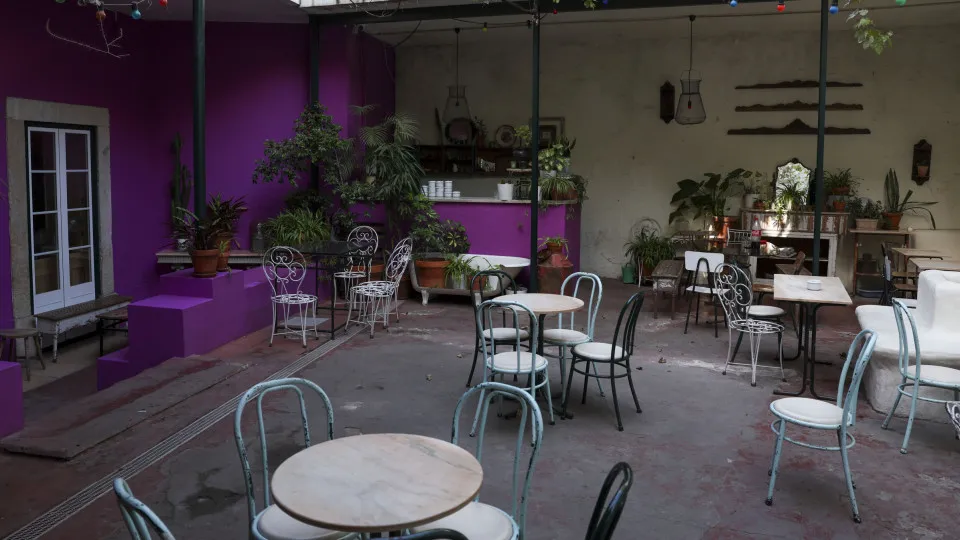
“Advertising is the only true advantage licensed operators have over illegal ones. It is the only way for Portuguese consumers to distinguish between licensed and unlicensed, safe and unsafe operations,” stated Ricardo Domingues, president of APAJO, in a commentary released today.
The APAJO president’s comments follow the Livre party’s announcement on Tuesday of its intention to ban the sale of scratch cards in healthcare establishments and to limit advertising for online gambling and betting, even proposing its prohibition in sports competitions such as football.
“Online gambling has the major issue of being very invisible; it’s a very invisible dependency because it happens on mobile phones or computers, unseen by others,” warned Livre’s parliamentary leader and spokesperson Isabel Mendes Lopes at a press conference in the Assembly of the Republic.
Additionally, Livre proposes restrictions on gambling advertising by amending the Advertising Code, aiming to reverse the current rule: making restrictions the norm rather than the exception.
APOJO believes these limitations are not the solution, stating, “Advertising restrictions on licensed gambling have had the opposite effect of what Livre claims to intend,” referring to “studies in Italy.”
The association contends that limiting advertising would advantage illegal operators by severely hindering consumer distinction between licensed and unlicensed operations.
APAJO accused Livre of having “a clear lack of knowledge on the matter” and suggested the proposals seem “to result from ideological or personal prejudice and political opportunism.”
The president of the association also accused Livre of attempting to “condition the other parties” in parliament and using “moral blackmail.”
“Livre, for some reason, ignores or prefers to ignore, that 40% of Portuguese online players still use illegal platforms,” asserts the industry association, noting that three-quarters of these players “do not know they are on an illegal site.”
From APAJO’s perspective, the use of Portuguese payment methods like Multibanco or MBWay “legitimizes their operation,” as do Portuguese personalities and influencers.
Ricardo Domingues argues that licensed operators “comply with legislation, a dense regulatory framework, and mostly follow a non-binding code of good practices,” issued by the Gaming Regulation and Inspection Service (SRIJ), unlike illegal operators.
According to him, illegal operators do not verify identity — allowing access to minors and self-excluded individuals — and in these environments, “sporting integrity has been compromised” through match-fixing.
“In the regulated market, such phenomena tend not to occur because there is constant monitoring of betting patterns and strict identification processes upon account creation, enabling easy identification of potential offenders,” he assures.
In Livre’s proposal, it is suggested that this advertising “not be directed at vulnerable or at-risk groups,” should not “praise and glorify gambling itself, or promise easy gains,” or “disdain those who don’t gamble or engage in such activities,” as explained by deputy Paulo Muacho.




